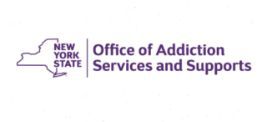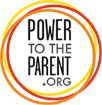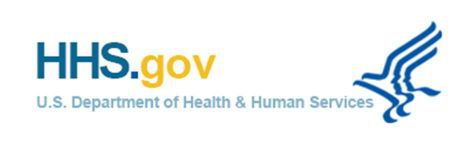PARENTS
Grown Ups SHOW UP
Talk about it. Then talk some more. Simple and repeated conversations
about the risks of alcohol and drugs can make all the difference.
Grown Ups Show Up Campaign
The Conversation Starts with You. Kids look to their parents for guidance on tricky issues and that includes making decisions about drugs and alcohol. It’s never too early to talk to your children.
Set Goals for Your Conversations. Establishing a foundation of honesty and trust and showing your child you care about your child’s health, wellness and success are just examples of what you can accomplish by talking to your kids.
Starting “the Conversation”. It can be challenging to broach the subject of drugs and alcohol.
Responses Matter. Your child may argue, stay silent, or ask tough questions. How you respond makes a big difference.
Setting Rules. Setting and enforcing rules for young people is not always easy but it shows you care and helps kids know your expectations.

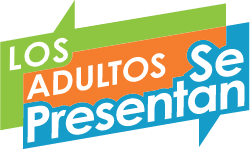
Adults are uniquely positioned to make a difference in the lives of young people. Teenagers may be curious about drugs or alcohol and may or may not ask parents for advice. It is important for adults to be knowledgeable and prepared to answer questions, or, to be able to start “the conversation”.
Keeping track of where your kids are and who they are with, setting and adhering to rules about drugs and alcohol, preventing access to substances, and talking and listening openly with young people about substance use are all ways you can show up for your kids.
Alcohol and drugs can interfere with developmental processes in the brain during adolescence. Drinking and using drugs at a young age is associated with development of substance use later in life.
HAVE YOU SET CLEAR RULES ABOUT ALCOHOL AND DRUGS?
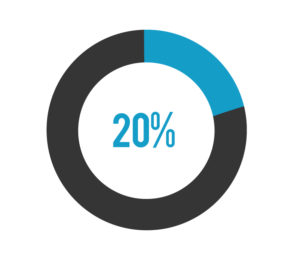
1 in 5 middle and high schoolers in Ossining say their parents have not set clear rules about drugs and alcohol.
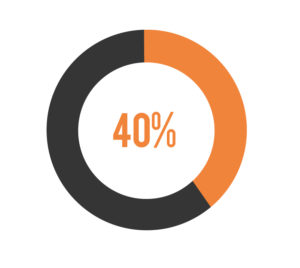
2 out of 5 have never talked with their parents about drugs and alcohol.
TALK WITH YOUR KIDS ABOUT
SUBSTANCE USE
Even if it doesn’t always seem like it, parents have a significant influence in their kids’ decision to experiment with alcohol and other drugs. When you talk to your children, they will hear you.
There are many resources available to parents, caregivers, and other responsible adults to help them:
- Increase awareness of the risk and consequences of underage use
- Gain knowledge, skills, and confidence to prevent underage drinking and substance use
- Take action to prevent underage drinking and use
Explore the Resources below:
Talk2Prevent Toolkit
Talk Early and Often
Making the Talk Count At Every Age
Making the Talk Count (En Espanol)
8 Must Have-Talks to Have Talks to Have With Your Kid About Alcohol and Drugs
Actions for Adults
- Educate yourself on the risks of alcohol, vapes, and drugs
- Set clear “no use” rules
- Don’t provide alcohol to young people
- Prevent access in your home
- Know your children’s friends and their parents
- Talk and listen to your kids about drugs and alcohol
- If you drink, use alcohol responsibly and don’t smoke
START THE CONVERSATION TODAY
It’s never too early to talk to children about the risks of alcohol and drug use. Watch the video and explore the Grown Ups Show Up webpage and resources to learn more about getting the conversation started and being a safe and reliable resource to answer your kids’ questions.
GET HELP IF YOU THINK YOUR TEEN IS
DRINKING OR USING DRUGS
Notable shifts in behavior such as changes in attitude or personality, moodiness, irritability, nervousness, or even giddiness, could be a sign of early use. Take steps to connect with children and teens every day, as substance use and addiction can be isolating. And seek help. Free resources are available in English and Spanish.
FREE RESOURCES
Substance Use Warning Signs
- Sudden change in friends; new hangouts
- Change or loss of interest in activities, hobbies, or sports
- Drop in grades or work performance
- Avoiding family or family events
- Stealing
Physical Warning Signs of Substance Use
- Loss or increase in appetite; unexplained weight loss or gain
- Inability to sleep or unusual laziness
- The smell of substance on breath or clothes
- Nausea, vomiting, sweating, shaking of hands, feet or head
- Red, watery eyes; pupils larger or smaller than usual; blank stare
LEARN MORE

NICOTINE & VAPING
Nicotine and vaping are addictive, yet e-cig use is on the rise among young people.
Vaping

Marijuana
Make sense of the differing messages about marijuana: health effects, legalization and more.
Marijuana

Alcohol
Underage drinking can cause short-term and long-term problems for individuals, families, and communities.
Alcohol

Mental Health
Mental health issues are common but all too often go overlooked and untreated.
Mental Health







